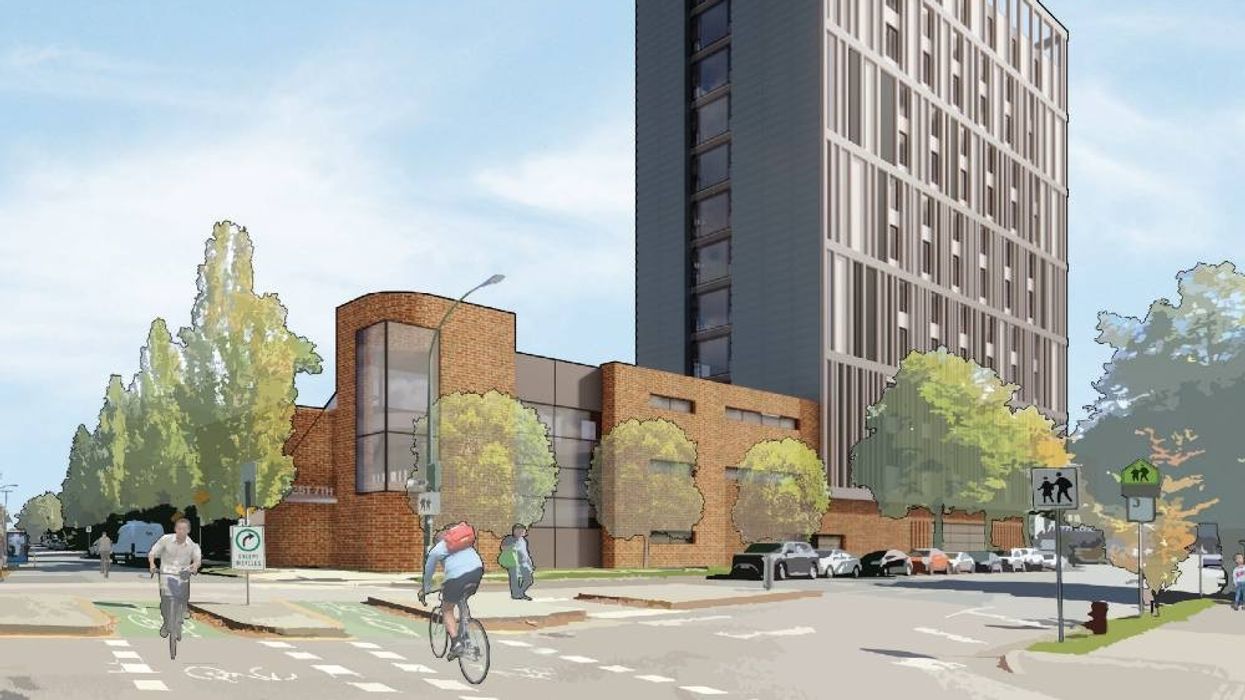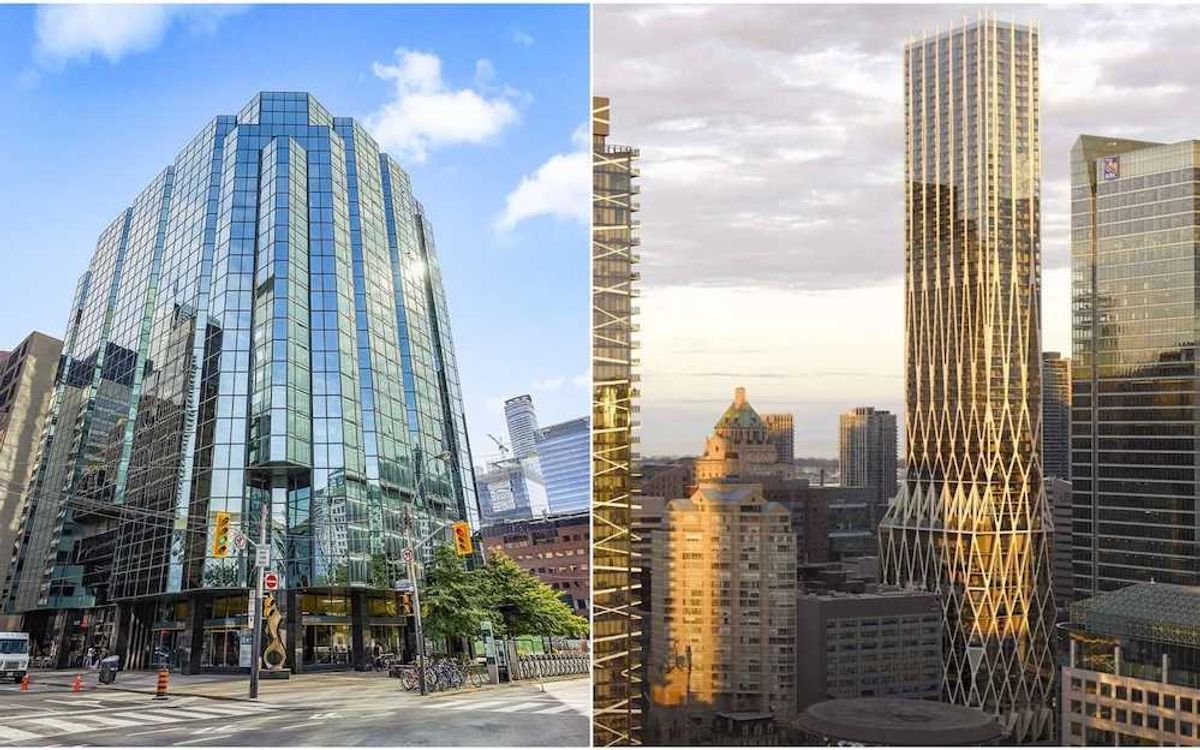The dust is yet to settle on a controversial social housing development, slated for Kitsilano and approved by Vancouver City Council in late July.
In mid-October, the community group that rallied to get the project axed filed a petition with the Supreme Court of British Columbia, “seeking judicial review of the City of Vancouver’s July 26, 2022, decision giving ‘in principle’ approval to the controversial rezoning of its property at 7th/8th and Arbutus,” according to a media release from the Kitsilano Coalition. “The Petition details significant failures by the City to ensure transparency, fairness and disclosure of key information, in its decision-making process on the rezoning application.”
The Kitsilano Coalition argues that former Mayor Kennedy Stewart “severely restricted” the opportunity for questions during the hearing and that key information -- including a Memorandum of Understanding (MOU) between CMHC, BC Housing, and the City -- was improperly withheld.
“The Coalition began considering its legal options as soon as the decision to approve the rezoning in principle was made on July 26th, as it was evident to anyone who listened to the hearing that there were grave flaws in the hearing process,” Karen Finnan, a member of the Coalition, tells STOREYS. “The Coalition is committed to a housing solution at 8th/Arbutus that will be safe and successful for the tenants as well as the surrounding neighbourhood. Quashing the approval of the rezoning is the first step to revision of the current proposal to a model of housing that is in accordance with the social science research."
The group argues that “the congregate housing model proposed by BC Housing for the site has been proven to be significantly inferior for recovery from mental health and addiction issues" -- according to a statement to STOREYS from July -- and that a scattered model should be used instead. They also oppose the inclusion of a common drug use room.
“The current Council has the option of simply consenting to the relief sought in our Petition, thus clearing the path for the development of a different model of housing for the site,” says Finnan. “It should be noted that the site can be rezoned for six storeys of social housing without the need for a public hearing. Had the City, VAHA and BC Housing originally planned a six-storey project at the site, it could have been constructed and in operation already.”
Although BC Housing could not comment on the petition while the matter is before the courts, the agency underlined the importance of high-density social housing developments like the one slated for Arbutus Street in a statement to STOREYS.
“The housing project at 2086-2098 West 7th Avenue and 2091 West 8th Avenue in Vancouver is a critical project that proposes to deliver 129 new affordable homes for people who are experiencing, or at risk of, homelessness, and for residents who may be working and earning very low incomes. This proposal is part of a Memorandum of Understanding between BC Housing, Canada Mortgage and Housing Corporation, and the City of Vancouver to deliver approximately 350 new supportive homes across five sites throughout the city. We made this commitment because it’s clear there is a critical need for more supportive and affordable homes in every community in Vancouver.”
Vancouver City Councillor Christine Boyle -- she has been vocal in her support of the Arbutus Street development -- adds that Vancouver needs social, non-market, and mixed-income housing in every neighbourhood of the city.
“Building homes for our most vulnerable neighbours improves community safety across the city for all of us,” she says. “And this project is one piece of moving in that direction -- making sure that people who have disabilities, people who are struggling with mental health crises, people who are low income can afford to live across the city.”
As for the petition, Boyle is doubtful about the validity of the Coalition's claims.
“Having sat through every hour of that public hearing, my understanding is that staff were very cautious and thoughtful. We know the rules are very specific and that we need to follow proper process -- it's my understanding that we did so in this case,” she says. “We heard from hundreds of speakers, it was one of the longest -- if not the longest -- public hearings that we have had in my time in office. As a participant in it, I had numerous opportunities to ask questions, as did every other member of council.”
Valid or not, the petition has the potential to hold up the development, not to mention set a dangerous precedent for future social housing projects should the rezoning be remitted.
“This badly needed housing should be built as quickly as possible, and so I am deeply frustrated by any attempts to delay it,” she says. “We need to make it much faster and easier to build this type of housing and delays like this move us in the opposite direction to the detriment of some of our most vulnerable neighbours.
“I do think we should be moving towards delegating approval to staff for social, co-op, and non-market housing, and last year, I brought a motion to Council asking that we take this approach. It takes an average of two or three years for a nonprofit or co-op or social housing project to go through the public hearing process. It means those projects are less likely to receive senior government funding because of the length and uncertainty of the process, and it regularly results in cost escalations throughout the course of those delays.
“I have been advocating that we speed up that process significantly, still involving neighbourhood consultation and opportunities to participate, but delegating approval to staff rather than going through a public hearing process, and that's a request I'll bring back to this new counsel as well.”




















